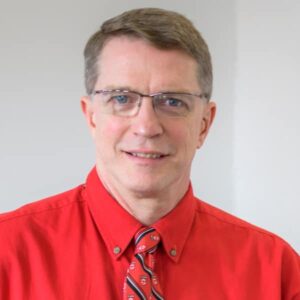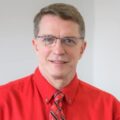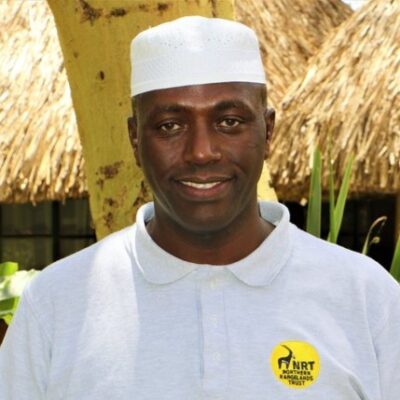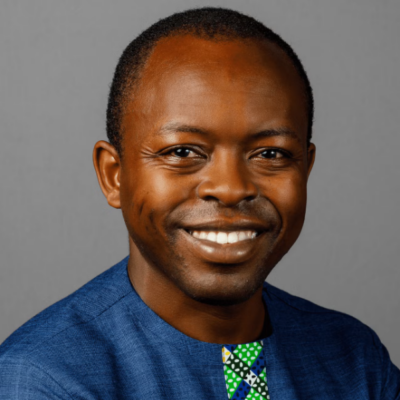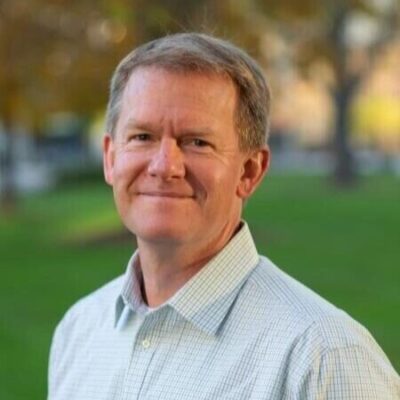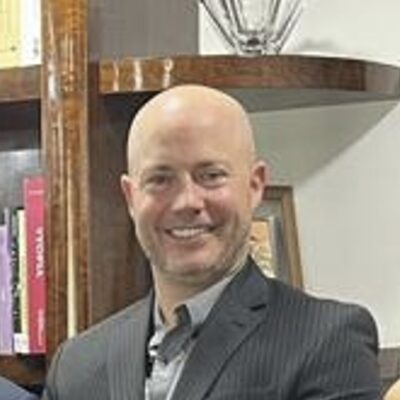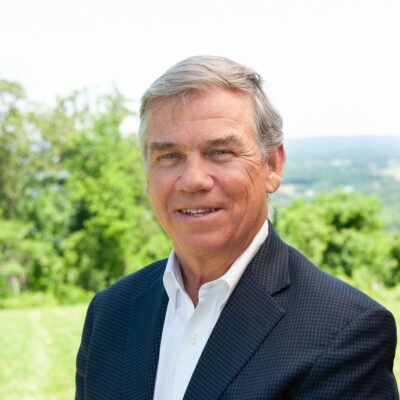Listeners:
Top listeners:
-
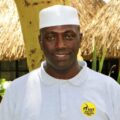 play_arrow
play_arrow
117 | Surviving Survival Internatinal, Part 1: Kenyan Elders Call Foul on International Media, NGOs
-
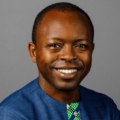 play_arrow
play_arrow
116 | From Ticking Time Bomb to Demographic Dividend: James Mwangi and Kenya's Great Carbon Valley
-
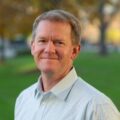 play_arrow
play_arrow
115 | Unpacking Donald Trump's Very Weird Environmental Orders
-
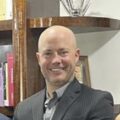 play_arrow
play_arrow
114 | Michael Greene: Carbon Cowboy or Lone Ranger? Part 1
-
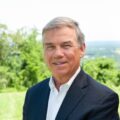 play_arrow
play_arrow
113 | The Future of Environmental Finance: Strategies for Biodiversity and Climate Solutions, with David Hill and George Kelly
-
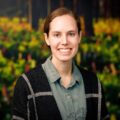 play_arrow
play_arrow
112 | Fantasy Football and Dynamic Baselines: New Tools for Impact Assessment
-
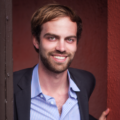 play_arrow
play_arrow
111 | The False Dichotomy Between Reductions and Removals (Rerun)
-
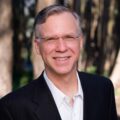 play_arrow
play_arrow
110| Ecological Economics, Systems Thinking, and the Limits to Growth
-
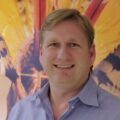 play_arrow
play_arrow
109 | How Brazil's Quilombola Communities are Planting the Seeds of Sustainability for Small Farms Around the World, with Vasco van Roosmalen of ReSeed
-
 play_arrow
play_arrow
108 | The Washington Post’s Head Scratcher of a Carbon Story
Transcript
In this episode, I had the pleasure of interviewing Robert Gilmore Pontius, Jr., a geography professor at Clark University specializing in geographic information science. Dr. Pontius shared his expertise in computer simulation models of deforestation and the impact of land change on humans.
Dr. Pontius discussed his journey into the field of geography, highlighting his passion for mathematics and maps. He emphasized the importance of simplicity in modeling and the need to eliminate distractions to focus on the essence of the problem.
The conversation delved into the complexities of land change modeling, addressing the challenges of uncertainty and the balance between simplicity and complexity in predictive models. Dr. Pontius emphasized the importance of transparency in modeling and the need to acknowledge and learn from mistakes in scientific research.
The discussion also touched on the evolution of methodologies in land change modeling, with Dr. Pontius advocating for a continuous learning process and adaptation based on new scientific insights. He highlighted the importance of open communication and collaboration in maximizing learning and addressing challenges in the field.
Overall, the episode provided valuable insights into the world of geographic information science, emphasizing the need for continuous improvement, transparency, and open dialogue in scientific research and modeling practices. Dr. Pontius’s expertise and passion for the subject shone through, making for an engaging and enlightening conversation.
- “I do this because I enjoy it. And I feel completely comfortable with saying that, because if you don’t enjoy it, you’re not going to dedicate time to it.” – 00:04:52-00:05:02
- “What good scientists do, they learn from their mistakes, and they admit them, and they say what their motivation was at the time, and then they clarify it and present something better.” – 00:12:49-00:13:00
- “I wanted to give an example to the research community because I see variation even among professors in their motivations.” – 00:13:00-00:13:12
- “We’re not in the business of trying to say that we’ve solved all the problems. That’s not what good scientists do.” – 00:14:51-00:15:01
- “I’m not willing to take on a student unless that student is willing to tell me when they think I’m wrong.” – 00:29:23-00:29:33
- “Mathematicians are always trying to eliminate distractions, get to the essence of something, and make it as simple and transparent as possible.” – 00:48:07-00:48:17
- “It’s trivial to choose to look at something in such detail that it’s impossible to predict accurately. Easy to do.” – 00:50:07-00:50:18
- “If we’re doing the same thing we were doing 30 years ago, it means either 30 years ago we were so brilliant that we knew everything, or if we’re doing the same thing we were doing 30 years ago, that means we haven’t learned anything in 30 years.” – 00:55:18-00:55:28
- “Learning is not guaranteed. Just look around the world today. I mean, things can go backward.” – 00:55:29-00:55:39
- “Is capitalism or communism good or bad? It depends how it’s implemented. Is religion good or bad? It depends how it’s implemented.” – 00:56:55-00:57:05
Episodes
116 | From Ticking Time Bomb to Demographic Dividend: James Mwangi and Kenya’s Great Carbon Valley
February 25, 2025
115 | Unpacking Donald Trump’s Very Weird Environmental Orders
January 27, 2025
114 | Michael Greene: Carbon Cowboy or Lone Ranger? Part 1
December 6, 2024
113 | The Future of Environmental Finance: Strategies for Biodiversity and Climate Solutions, with David Hill and George Kelly
November 28, 2024

